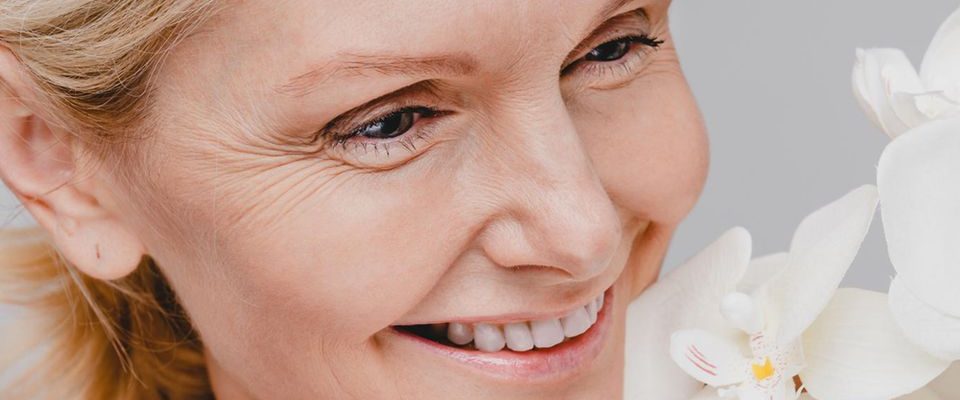Beauty and aging are antonyms in our society. These midlife women are debunking stereotypes and discrimination.
We live in a society where beauty is often equated with youth. We only have to turn on the television, leave the house or pick up a magazine and we are greeted by young, beautiful faces who promise us joy and prosperity with their products.
Everyone wants to be beautiful – but not everyone knows what beauty actually means. Is it the perfect-looking smile on faces in film, television and advertising? Beauty is not constant, it changes, our view of the world and our definition of the term are constantly changing. The online magazine “Byrdie” spoke to women over 50 about beauty and life and how they view both – and how much they wish the rest of society shared their perspective on these things.
Getting older isn’t bad
The younger population in particular tends to see older people and aging in general as something more negative than it is study clarified on behalf of the anti-discrimination agency. No wonder, after all, the narrative of the old person is anything but charming: The image of the old, weak, barely able to move and lonely person should not arouse anticipation for the later years in life. This cliché is absolutely unjustified.
Of course, it’s possible that as we age our bodies become less capable, that we’ve lost people we care about along the way, and that we’re plagued by gloomy thoughts. But all this is not set, and how study results show that we are particularly happy between the ages of 65 and 79 – and even get a “happiness boost” around 70. For example, Julie (55) told “Byrdie” on the subject of aging: “In an ideal world, young people would see the wrinkles and aging on a person’s face as a sign of the life they were allowed to lead.”
Let’s stop trying to look younger all the time
It is hardly surprising that many women feel pressured by society on the issue of aging and youth. After all, the beauty of youth is addressed from all sides, every day, no matter where you look. So it stands to reason that not a few people have the feeling that they are only “worth” something if they submit to the ideals of beauty. They try every cream, every home remedy, eat only certain things, do sport every day – everything to at least be able to slow down the wheel of time.
But the fact is that aging is a part of life. As Celia (65) tells Byrdie, “I want other people to remember that we’re all getting older. It’s a concept that’s hard to grasp when we’re young.” According to study by Ipsos from 2019, respondents perceive happiness, kindness, self-confidence, humor and intelligence as much more important than a person’s appearance of skin, shape of body or face, hair style or make-up. A result that cannot distract from the fact that women in particular are only too aware of the pressure from outside when it comes to beauty and age, like more than one study shows. So it’s too early to start distancing yourself from these influences.
Women over 50 are not a stereotype
Surprisingly, not all women over 50 look the same — they don’t all wear short hairstyles, they don’t despair over whether or not to dye their gray hair, they don’t swap all their skintight dresses for baggy one day , comfortable sweaters. “I wish other people wouldn’t stereotype a certain beauty style for older women,” Anna (50 years old) tells “Byrdie”.
Of course, it’s also perfectly okay for a middle-aged woman to wear cropped hair or comfy sweaters—just like it’s okay to change your hair every day and wear sundresses or nothing like that and do other things entirely. There is probably only one generalization that is okay, and that is that all generalizations are unfair to the individual. This shows on TikTok, for example, that at over 50 she can of course still wear anything she likes.
In her series “Fashion Over 50” she shows bold colors, dazzling outfits and presents herself in a self-confident style that society does not want to see in middle-aged women. “I believe that the visibility and representation of all age groups are powerful tools to create a more age-appropriate social landscape,” Luisa said in an interview with “BuzzFeed”. This makes her one of many women who fight back against stereotypes and age discrimination.
The answers of the women and also people like Luisa show that life is not over after 50, not bleak and gray – it is what we make of it. And not exactly what society tells us to do.
Sources used: byrdie.com, ons.gov.uk, antidiscrimination agency.de, abc.net.au, ijgws.com, buzzfeed.com
